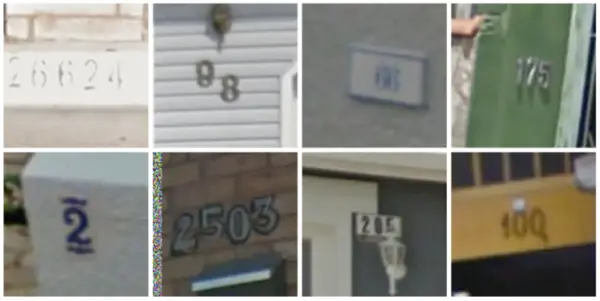A CAPTCHA (an acronym for “Completely Automated Public Turing test to tell Computers and Humans Apart” is a program that protects websites against bots by generating and grading tests that humans can pass, but current computer programs cannot. CAPTCHAs use visual puzzles in the form of distorted text thereby making it difficult for hackers to come up automated programs intended for abusive activities on various sites. However, recent developments are worrying.

Google researchers claim that they’ve developed an algorithm that can accurately solve Google’s own CAPTCHAs or decipher some of the toughest distorted text puzzles with nearly 100% accuracy. The algorithm the officials report, helped Google automatically analyse difficult-to-read signs and house numbers images snapped by its Street View cameras, allowing the algorithm to accurately match images with locations on a map.
This hints that the act of typing in the answer to a distorted image should no longer be considered as the sole factor when it comes to determining a human versus a machine fight. Fortunately, Google’s reCAPTCHA offers a solution to this problem. From a security viewpoint, it has become more stringent. This makes it easier for humans to get through its security measure unscathed but difficult for the bots to pass the test.
Google also mentions that it has found ways to further protect reCAPTCHA from being broken by others’ computers.
“Thanks to this research, we know that relying on distorted text alone isn’t enough. However, it’s important to note that simply identifying the text in CAPTCHA puzzles correctly doesn’t mean that reCAPTCHA itself is broken or ineffective. On the contrary, these findings have helped us build additional safeguards against bad actors in reCAPTCHA, said Vinay Shet, Product Manager, reCAPTCHA in a blog post.
This development has surprising implications for spam and abuse protection on the Internet.
Leave a Reply